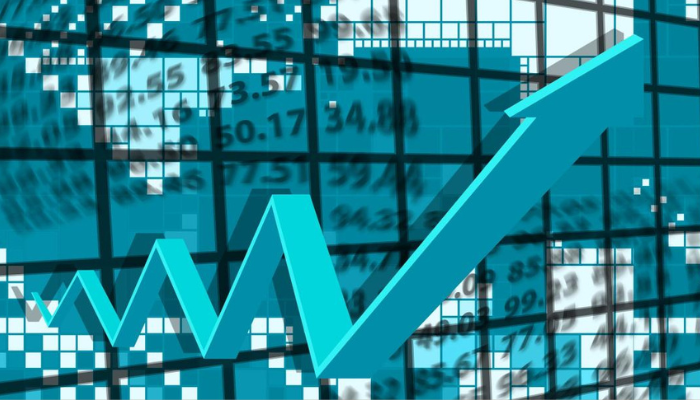Africa remains one of the world’s most dynamic continents, blessed with immense cultural wealth, a young population, and abundant natural resources, beyond its oil, gas, and mineral riches, that are increasingly shaped by fast-growing non-resource sectors such as services, technology, and agriculture. This shift is evident in the global recognition of African fintech giants, Kuda(Nigeria/UK), MTN South Africa(South Africa), Flutterwave(Nigeria), Palmpay (Nigeria), Tala(Kenya/US), Piggyvest(Nigeria), and Yoco(South Africa), all ranked among the top 250 fintech organisations.
According to Statista, here are the top 5 African countries with the highest GDPs for Q3 of 2025
South Africa – $410.34 Billion
South Africa continues to hold the top spot with a GDP of $410.34 billion. The economy grew by 0.1% in the first quarter of 2025 compared to the final quarter of 2024. Its growth is supported by a diversified economic structure: mining and resource exports (platinum, gold, chromium), robust manufacturing industries (automotive, machinery, chemicals), a sophisticated services sector (finance, insurance, telecommunications), and strong infrastructure (ports, railways, and roads). These pillars collectively sustain South Africa’s role as the most industrialised economy in Africa.
Read also: Top 10 countries Nigeria made the most revenue from in 2024
Egypt – $347.34 Billion
Ranked second, Egypt’s $347.34 billion GDP reflects its strategic position and diversified income sources. The Suez Canal remains a vital stream of foreign exchange through transit fees and related services, while tourism and hospitality draw millions annually to its ancient sites and coastal resorts. Egypt also maintains strong hydrocarbon, refining, and petrochemical industries, which bolster both domestic industries and export earnings. Its mix of history, geography, and industrial strength makes Egypt a key African economic hub.
Read also: Top 10 countries with lowest interest rates for business & investment in 2025
Algeria – $268.89 Billion
Algeria’s $268.89 billion economy is still heavily dependent on oil and gas, which account for the bulk of exports and government revenues, according to the IMF. Despite this reliance, the country has invested significantly in infrastructure and social development over the last decade, helping reduce poverty and improve living standards. While hydrocarbons dominate, Algeria’s gradual shift toward broader development reflects a long-term effort to build resilience against oil price shocks.
Read also: Africa’s GDP to rise to $15trn on investment in agriculture, industry, service
Nigeria – $188.27 Billion
Nigeria, with a GDP of $188.27 billion, ranks fourth in Africa. As the continent’s most populous country, it benefits from a vast domestic market. Oil and natural gas remain its primary sources of foreign exchange, but Nigeria’s economy is increasingly powered by the services sector. Information and communication technology, telecommunications, Nollywood (its globally recognised film industry), and financial services are expanding rapidly. Industrial giants such as Dangote Cement and the newly launched Dangote Refinery highlight Nigeria’s ambition to strengthen its role not just in West Africa, but across the global energy and manufacturing landscape.
Morocco – $165.84 Billion
Morocco rounds out the top five with a GDP of $165.84 billion. Its economic model is built on diversification and deliberate long-term planning. Phosphates and fertiliser derivatives remain important exports, but Morocco has also developed a competitive automotive industry that supplies European markets, a growing aeronautics sector, and a strong tourism industry that draws foreign spending. This balanced growth approach has allowed Morocco to quietly but steadily establish itself as one of Africa’s most competitive economies.

